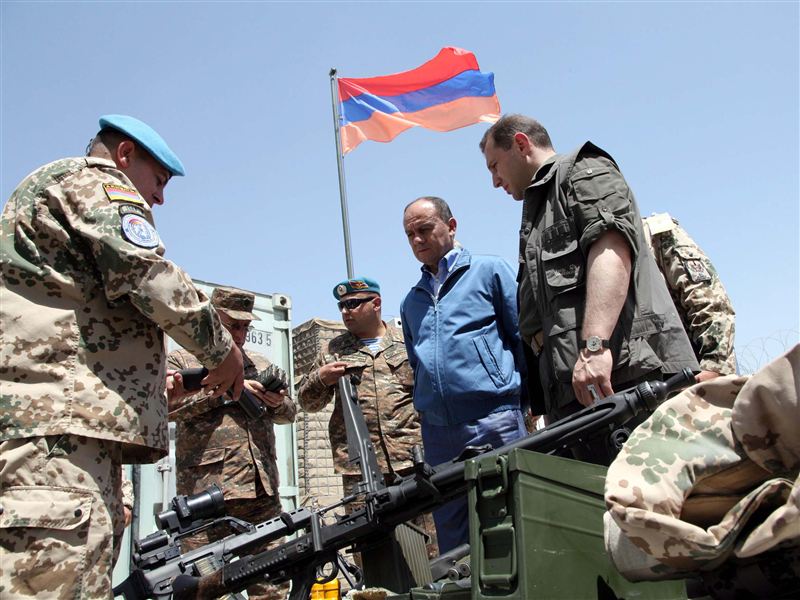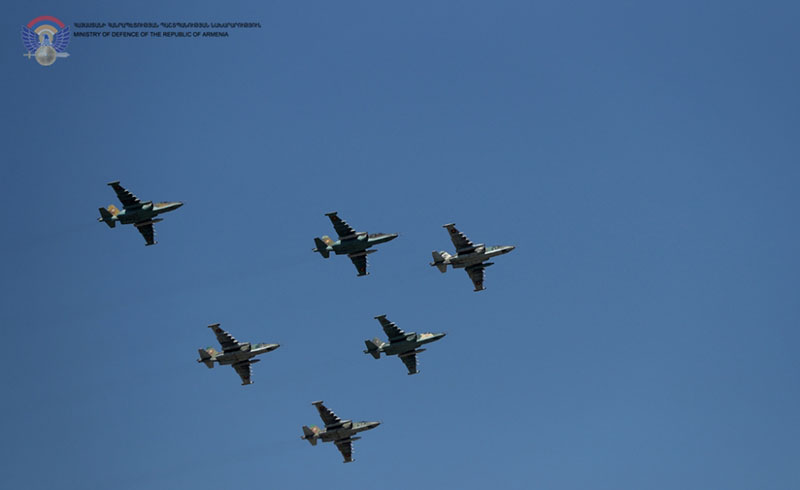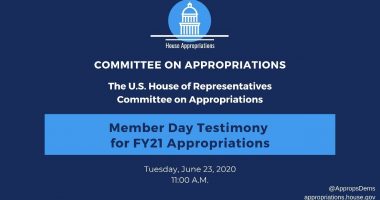By Sara Khojoyan
When my foreign friends ask me to tell them about Armenia, and particularly its economy, I always tell them the same things – the country is corrupt, business is closely linked to government, and the ruling elite does all it can to make sure things stay that way.
The Armenian economy lies in the hands of a few politicians. The businessmen sitting in parliament and other state institutions may not be the legal owners of the big companies, but everyone in Armenia knows who really controls what.
It is never very nice to have to explain this to friends from abroad, but an article in Forbes magazine assessing the economies of 117 countries all round the world has made me dread it all the more. The magazine’s extensive examination assessed national wealth, inflation figures for the last three years, as well as the International Monetary Fund, IMF, forecast for next year.
“With a mediocre growth forecast for the next few years, this landlocked former Soviet republic, dependent upon Russia and Iran for virtually all of its energy supplies, is struggling to keep up with the rest of the world,” Forbes said in its summary of Armenia.
Taking all that into account, it decided that Armenia had the second-worst economy in the world this year, saved from being last only by Madagascar. That assessment provoked a great deal of anger in Yerevan.
One reader commented on the Armenia Now website that the Forbes article was nothing more than “expensive toilet paper”.
“They used to call Armenia the ‘Caucasian tiger’, and now they’re calling it the world’s second-worst economy,” wrote another commenter. “Hopefully, Armenians will realise that these ‘prestigious’ organisations like the World Bank, IMF… only say whatever serves their interests and their assessments don’t necessarily reflect the truth.”
I had some sympathy for those who posted these remarks and with other angry Armenians, because the Forbes article was so embarrassing. But emotions aside, the magazine had a point – all the indicators it assessed have been very bad for at least three years.
Over this time, prices have risen by 50 per cent, while external debt is now 40 per cent of gross domestic product and rising. Meanwhile, the rate of economic growth, which was in double figures before the financial crisis, is now negative.
Government’s projects that we hear, week after week, are improving our lives in reality change nothing. Only medium-sized and small businesses have the potential to make the situation better, and no attention is paid to them.
Many people in Armenia genuinely struggle to buy even food every day. Often people cannot afford cheese or meat for months on end, while there are schoolchildren who get clothes just twice a year: once for the beginning of the school year and a second time for the winter. And I myself have seen how miserable they are when their parents cannot pay for their school books on time.
In Armenia, many of our top businessmen-politicians like to do charity work, to win support among people like this. They will pay for buses to take students to university, or sponsor a sport club. Once elections are near, the scale of their charity grows enormous, as they start handing out thousands of dollars to hospitals and cultural centres or to people with health or social problems.
And yet Armenians increasingly realise that the charitable donations handed out by these individuals – who are not legally allowed to combine business activities with holding a seat in parliament – represent a tiny fraction of the taxes they should be paying.
I believe that if in fact they were to pay taxes in full, the average public-sector wage could be raised from its current level of under 100 US dollars a month.
The nation is tired of all this, but at the same time, the ranks of the opposition parties are becoming ever thinner.
At the time of the 2008 presidential election, the Armenian National Congress, ANC, had so many supporters who were full of hope and thought they could get rid of the government if only they tried hard enough.
Some people never liked the ANC leaders, who led Armenia in the 1990s, saying they were just a different set of wealthy rich hypocrites and what’s more, that it was they who established the oligarchic system in the first place. Even their supporters are now turning away from them, because – people say – they do nothing but talk, and are now even in dialogue with the government.
Now there is no leader or party that people are prepared to follow as they did in 2008. Exhausted voters are prepared to accept a 20 or 30 dollar handout a supposed philanthropist, so as to be able to afford bread and cheese at least for a couple of days.
And meanwhile, our economy resembles nothing so much as a big, empty balloon.
Sara Khojoyan is IWPR’s acting country director in Armenia.











2 comments
Armenia should follow the footsteps of Singapore. Otherwise, her future will remain bleak.
I Know it is bad in Armenia but It is not bad as Forbes(journal) ranks
second worst economy in the world.Forbes ranking is ridicules.
Armenia ranks second in CIS on industrial growth rate in the first halfyear of 2011 as compared to the first halfyear of 2010, according to Interstate Statistical Committee of CIS.
Armenia with 12,8% index follows Kyrgyzstan, which recorded 13,9% industrial growth rate. Belarus is third, 11,5%, Ukraine is fourth, 8,7%, Uzbekistan is fifth, 6,8%. Russia, 5,3%, is the seventh. The only country in CIS recording decline in industrial output is Azerbaijan, with its 1,8%.
I think Forbes got very generous check from some one.